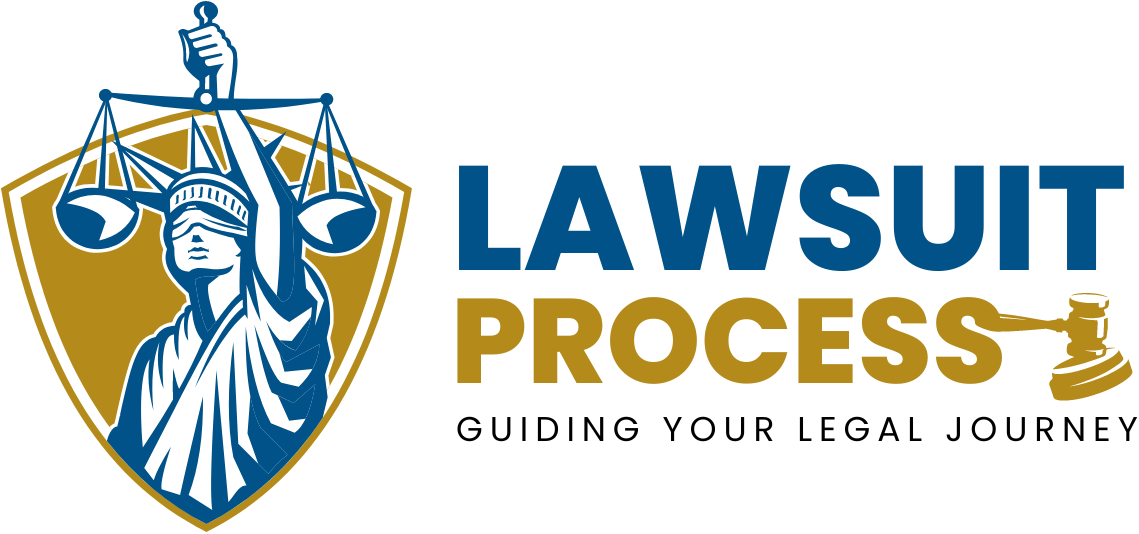After experiencing a personal injury, you may wonder whether you need legal representation. The decision to hire a personal injury lawsuit attorney can significantly impact the outcome of your case. Attorneys possess the knowledge and experience to handle complex legal issues, negotiate with insurance companies, and maximize compensation. However, not every case requires an attorney, so understanding the factors that influence this decision is essential.
Deciding whether to seek legal help depends on various elements, including the severity of your injuries, the complexity of your case, and the behavior of involved parties, such as insurance companies. In some instances, self-representation may suffice. However, for many individuals, professional legal support proves invaluable in navigating the intricacies of personal injury law.
This article explores key considerations to help you determine whether hiring a personal injury attorney is the right choice for your situation.
You may also like to read:
Top Mistakes to Avoid When Hiring Personal Injury Lawsuit Attorneys
How Personal Injury Lawsuit Attorneys Can Help You Navigate Complex Legal Battles
Table of Contents
- 1. Severity of Injuries and Damages
- 2. Complexity of the Case
- 3. Involvement of Insurance Companies
- 4. Statute of Limitations
- When You Definitely Need an Attorney
- Benefits of Hiring an Attorney
- Conclusion
1. Severity of Injuries and Damages
The severity of your injuries is a crucial factor in deciding whether to hire an attorney. Cases involving minor injuries with straightforward resolutions may not require legal assistance. However, if you have suffered severe or long-term injuries, professional representation is often necessary to ensure fair compensation.
Severe injuries often lead to significant medical expenses, ongoing treatments, and rehabilitation costs. Additionally, they may result in lost income or diminished earning capacity. An attorney can calculate these damages accurately, including non-economic losses such as pain, suffering, and emotional distress. Without legal expertise, you risk undervaluing your claim and accepting inadequate compensation.
2. Complexity of the Case
Some personal injury cases involve straightforward circumstances, while others present complex legal challenges. If liability or fault is disputed, you may need an attorney to gather evidence, establish liability, and present a compelling case. Complex cases often include multiple parties, unclear responsibility, or situations involving corporate entities.
Moreover, legal disputes often involve intricate rules and procedures that can be overwhelming for individuals without legal training. Attorneys understand these complexities and know how to navigate them effectively. Their experience ensures that all necessary evidence is collected and presented persuasively.
3. Involvement of Insurance Companies
Insurance companies often prioritize minimizing payouts, which can work against your best interests. Adjusters may offer low-ball settlements or delay claims to pressure you into accepting less than you deserve. Without legal representation, negotiating with insurance companies can be challenging and frustrating.
Attorneys understand the tactics insurance companies use and know how to counter them effectively. They handle communication, negotiate settlements, and advocate for fair compensation. With an attorney on your side, you are less likely to be taken advantage of or settle for an inadequate offer.
4. Statute of Limitations
Every personal injury claim is subject to a statute of limitations, which sets a legal deadline for filing your case. Failing to meet this deadline can result in losing your right to compensation. An attorney ensures compliance with these timelines, preventing costly errors.
Additionally, attorneys manage other critical deadlines, such as filing motions or submitting evidence. Their attention to detail helps your case remain on track and prevents procedural issues that could weaken your claim.
When You Definitely Need an Attorney
While some cases may not require legal representation, certain situations clearly benefit from hiring an attorney. Consider seeking professional help in the following scenarios:
- You have suffered severe or permanent injuries.
- The opposing party disputes liability or blames you for the accident.
- Insurance companies deny your claim or offer an unreasonably low settlement.
- Your case involves complex legal or procedural issues.
- You may need to take your case to trial due to a lack of agreement.
In these situations, an attorney’s expertise can make a significant difference in your case’s outcome.
Benefits of Hiring an Attorney
Hiring a personal injury lawsuit attorney offers numerous advantages. Their expertise and resources ensure your case is handled professionally and effectively. Key benefits include:
- Access to legal expertise and strategic advice tailored to your case.
- Accurate valuation of damages, including current and future expenses.
- Negotiation skills to secure fair settlements from insurance companies.
- Management of legal paperwork, deadlines, and court procedures.
- Representation in court, if necessary, to advocate for your rights.
By hiring an attorney, you reduce stress and increase your chances of achieving a favorable resolution.
Conclusion
Determining whether to hire a personal injury lawsuit attorney requires careful consideration of your case’s unique circumstances. Factors such as the severity of your injuries, the complexity of the case, and the behavior of insurance companies play a significant role in this decision. In situations involving severe injuries, disputed liability, or low-ball settlements, hiring an attorney is often the best choice.
Ultimately, consulting with an experienced attorney can clarify your options and provide valuable guidance. Their expertise ensures your rights are protected, your claim is valued accurately, and you have the best chance of securing fair compensation for your losses.










